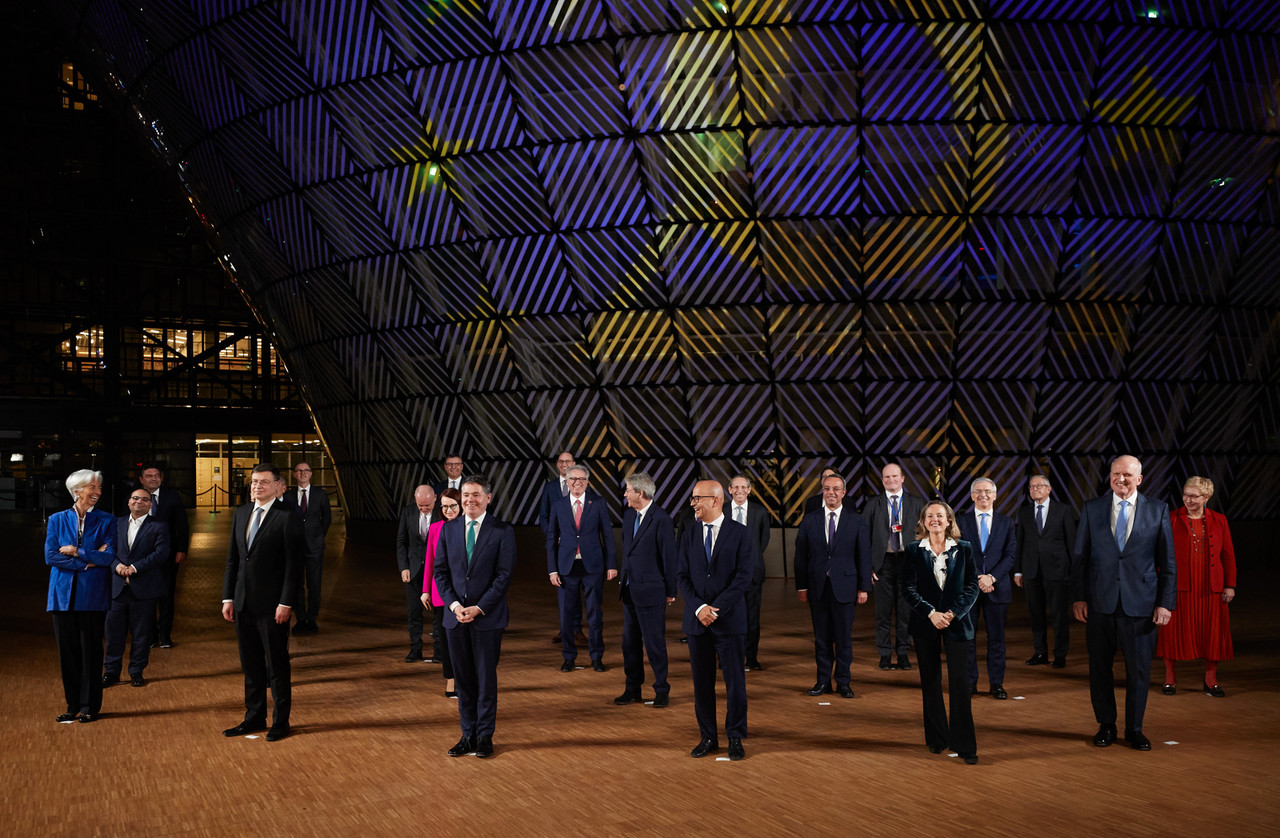Among the changes will be an updated list of goods and services that EU member states can apply low value-added tax to, such as items that promote public and environmental health and support the digital transition, three of the EU’s overarching themes. Similarly, any products and services deemed to negatively impact the environment will be taken off that list by 2030.
Certain exemptions can be made for items on the list that are there for historical reasons, however, only if they are justified. Current derogations that can’t be justified will have to be taken off the list by 2032 if they do not align with the EU’s climate action plans.
“This therefore provides additional clarity, increased flexibility, and is an important step in advancing the green and sustainable transition in the EU,” said Gramegna (DP) about the reform.
The finance minister--who in his leaving speech counted 106 Eurogroup and 93 Ecofin meetings--also commented on the EU’s economic situation. He praised the solidarity witnessed during the covid-19 crisis, crediting in part the temporary suspension of the stability and growth pact--which he wishes to see renamed as “sustainable growth and stability pact”--as well as state aids framed by the commission and the European Central Bank.
The added: “Europe has undoubtedly shown its resilience by implementing targeted policies, and I remain convinced that it will continue to be innovative and constructive in the future,” hoping to see future priorities set on public investments towards climate action.
The VAT tax reform is accompanied by a tax recovery programme. the new regulations and recovery initiatives aim to “ensure a sustainable recovery” from the pandemic as well as invest more heavily in the green and digital transition, said the EU commission in an official statement.
The European Parliament now has to review the final draft law by March 2022, after which ithe legislation will be implemented in EU laws that member state have to apply.
